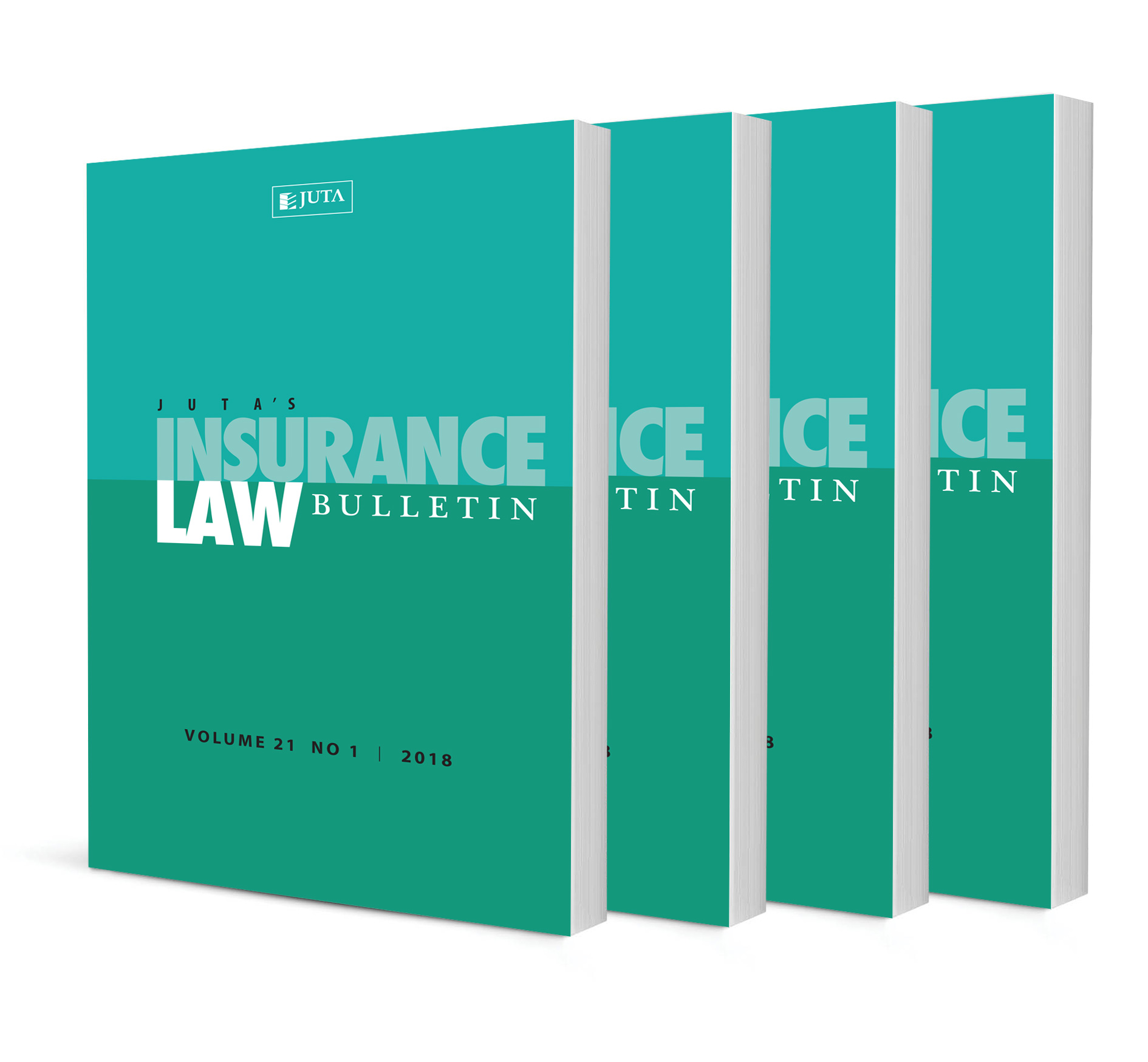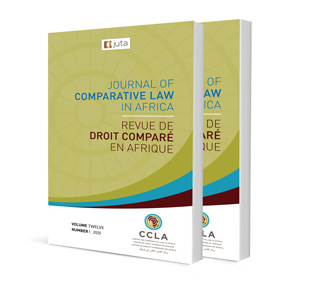Abstract
The Covid-19 pandemic significantly disrupted businesses across all sectors, including public transportation. In response, the Taxi Association Management Service (TAMS) has been working to revitalise the South African taxi industry through technology. The goal is to reduce transportation costs and increase accessibility by automating the back-office operations of taxi associations, streamlining taxi levy collection, managing demand, and creating databases for stakeholders such as owners, drivers, marshals, and taxis. This technological shift aims to change perceptions of the South African taxi industry. However, the transformation of the sector is hindered by a lack of political will and conflicts of interest, particularly with political leaders allegedly being taxi owners. While the African National Congress (ANC) government has adopted developmental state principles and targeted economic interventions, its efforts to formalise the taxi industry have often been ineffective, marked by frequent policy shifts and dead-ends. A significant policy shift occurred in 1999 when the government moved from an ambitious Taxi Recapitalisation Programme (TRP) to a focus on restructuring the industry. Moreover, the government’s efforts to transform public transport, such as the Bus Rapid Transit (BRT) system, have been reactive rather than proactive, often failing to integrate urban planning with transportation. Cities like Johannesburg, Cape Town, and Tshwane introduced BRT systems in response to congestion and taxi inefficiencies, without a long-term vision for a cohesive transport network. Similarly, interventions like TRP have not tackled the industry’s structural issues, such as informality and lack of regulation. The frequent changes in transport policies, often driven by public outcry, highlight the government’s reactive approach. This has resulted in a transport system that leaves the working poor vulnerable to poor service, high fares, and unsafe conditions. Despite these challenges, technological advances in the sector may offer renewed hope for the future.


